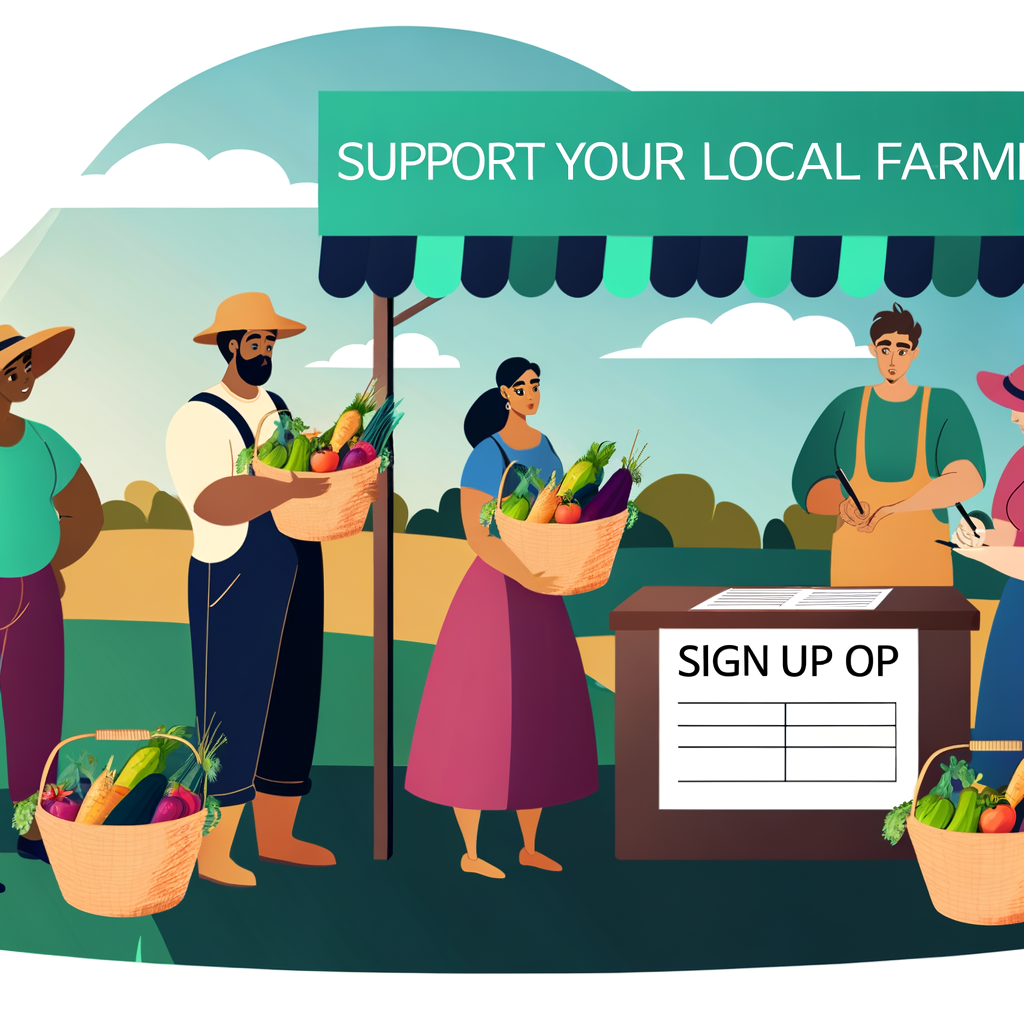In recent years, the farm-to-table movement has gained popularity in American cuisine. It focuses on using locally sourced, fresh ingredients in cooking, rather than relying on processed and packaged foods. One of the key components of this movement is Community-Supported Agriculture (CSA).
CSA is a partnership between farmers and consumers. Members of the community purchase a share in a local farm’s harvest, providing financial support for the farm and in turn receiving a portion of the produce. This not only benefits the farmers, but also creates a stronger connection between the consumer and their food.
CSA programs offer a variety of benefits. Firstly, it promotes sustainability by reducing the carbon footprint of food transportation. By buying directly from local farms, consumers are also supporting small businesses and the local economy. Additionally, the produce is often fresher and more nutrient-dense since it is picked at peak ripeness and doesn’t travel long distances.
CSA also encourages a more diverse and adventurous diet. Members may receive vegetables they have never tried before, leading to new and creative dishes. It also fosters a sense of community, as members often attend farm events and get to know their fellow shareholders.
The farm-to-table movement and CSA programs are not only beneficial for individuals, but also for the larger food system. They support sustainable and ethical farming practices and promote a healthier and more connected society. So next time you’re at the grocery store, consider joining a CSA and supporting your local farmers.





